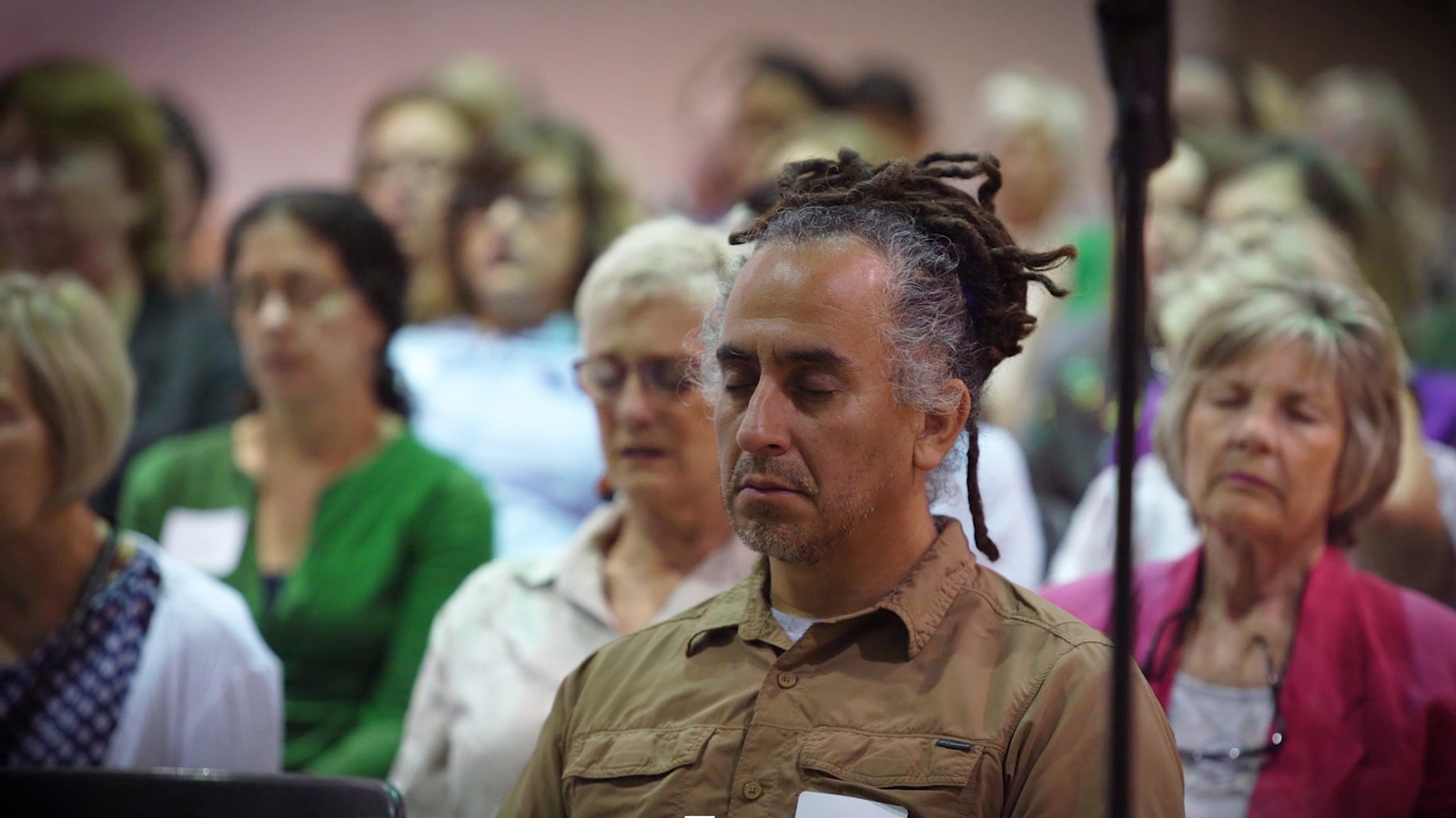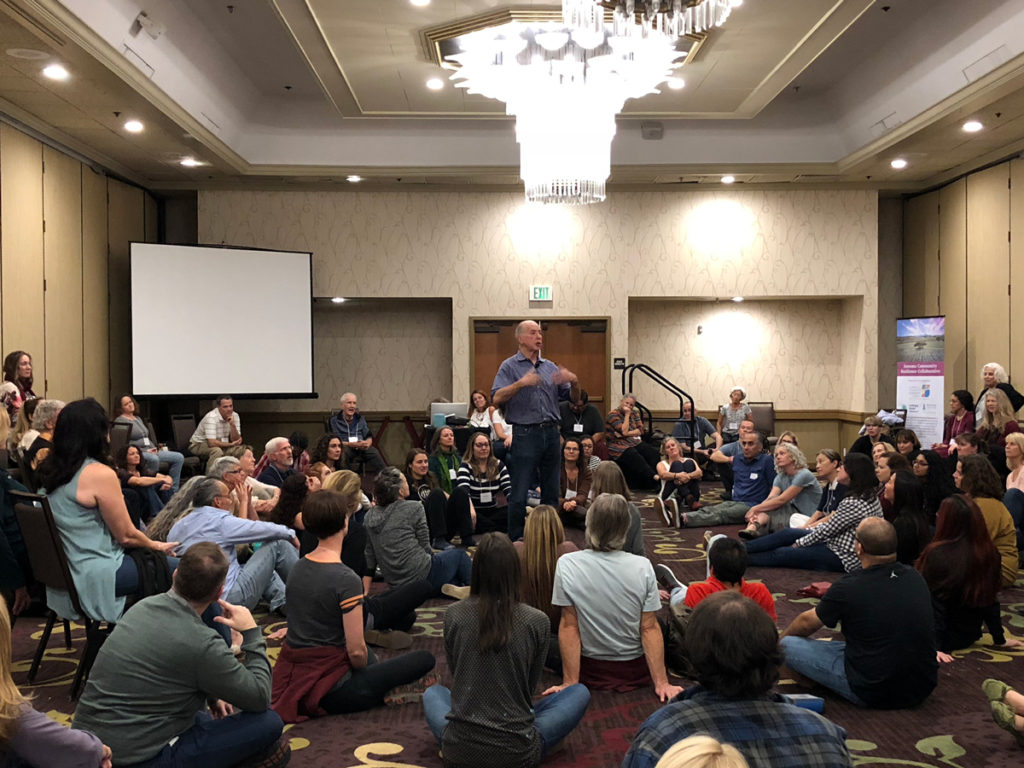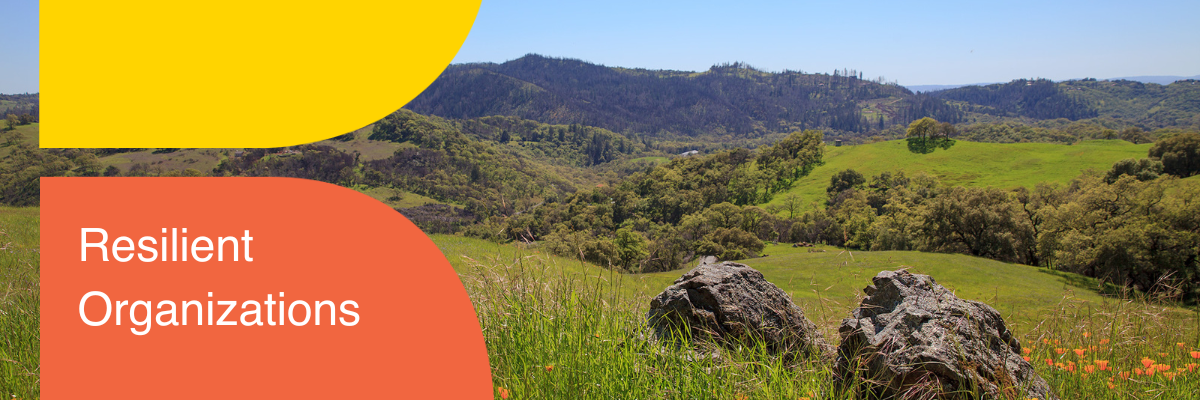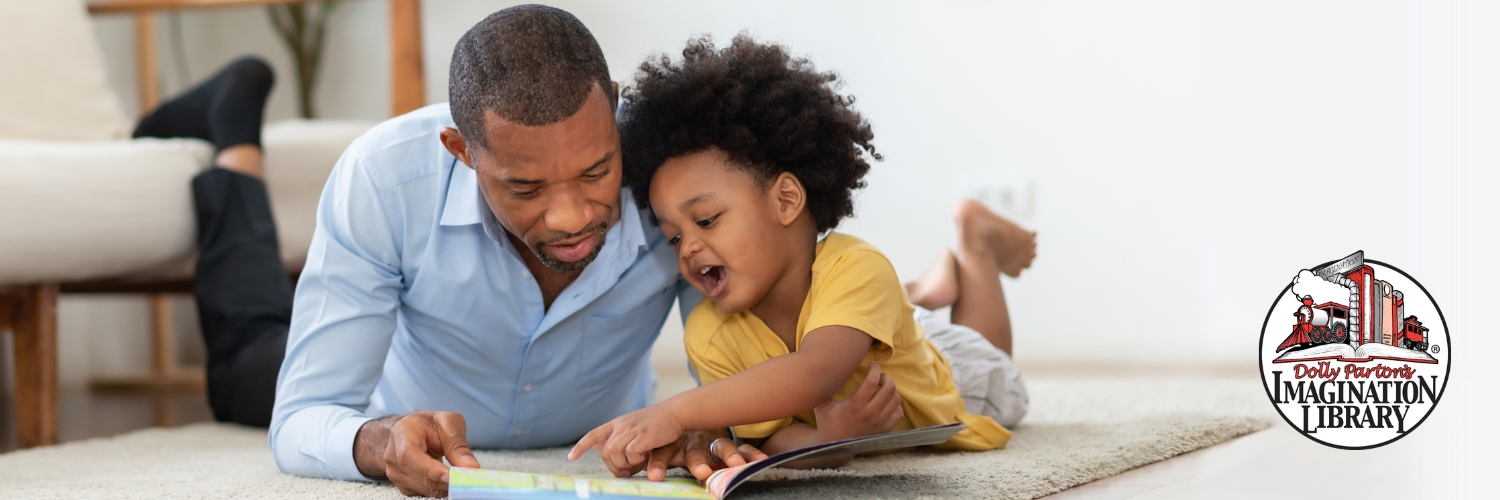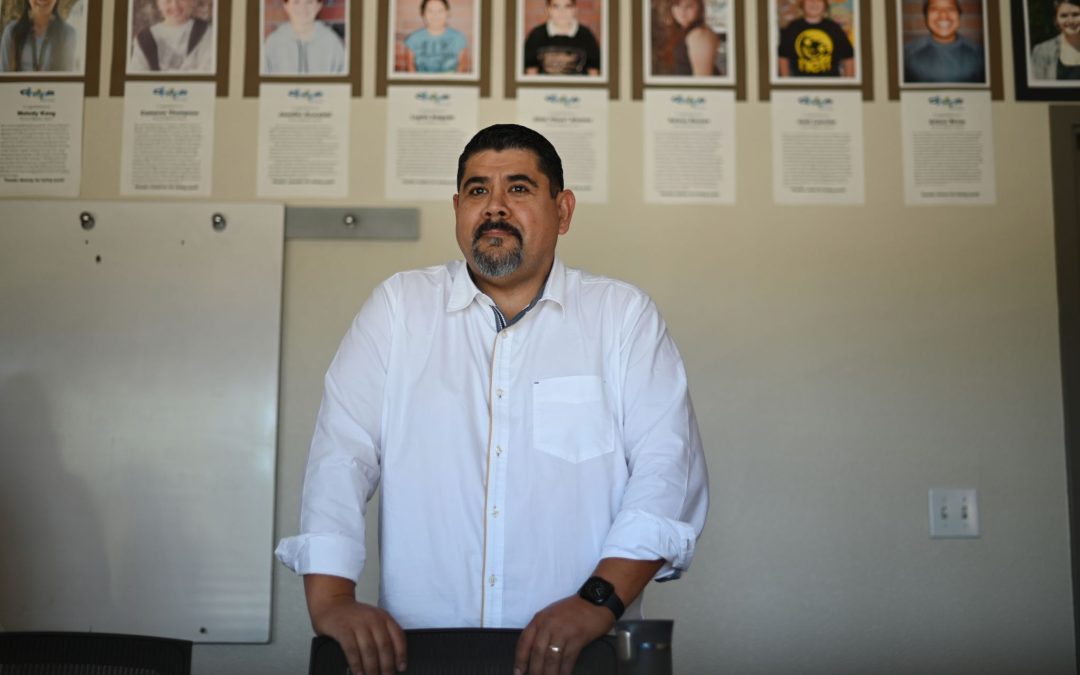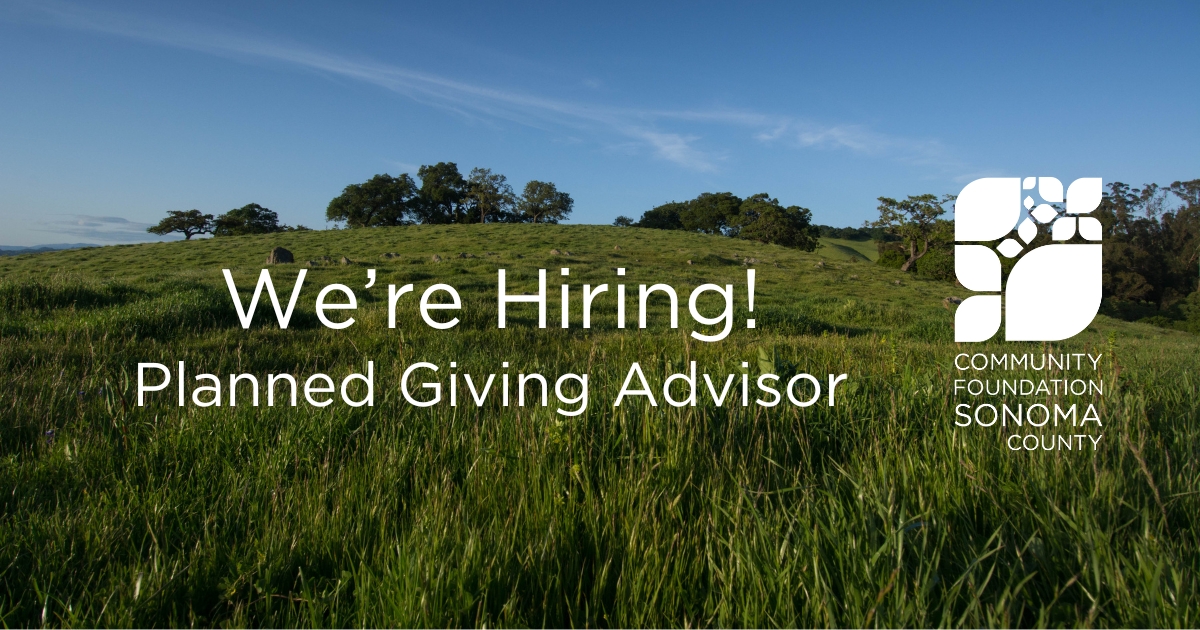Over the course of eight days this fall and winter, 115 community members from all walks of life—doctors, social workers, teachers, counselors, waiters, yoga instructors, chaplains—gathered to learn skills to help our community heal.
Dr. Bo Greaves, who retired from practice and now volunteers for Health Action, described the training as transformative. “I learned a lot about the scientific studies and evidence behind mindfulness tools. These tools are so powerful for neighbors, for communities, for people to learn how to take care of themselves from trauma, learn how to reduce their panic.”
Led by Santa Rosa Community Health, the Sonoma Community Resilience Collaborative is implementing an evidence-based resilience program created by the Center for Mind Body Medicine (CMBM).
CMBM describes the program’s proven effects on reducing stress and trauma as robust. “Studies dating back to the late 1960’s show the power of mind-body techniques to balance over-activity in our autonomic nervous system.”
With sessions on topics like breathing and movement, biofeedback, meditation and mindful eating, imagery, closing rituals and drawings, and working with children, participants first learned to utilize these skills in their own lives, while training to become resiliency coaches and take their knowledge out into the community.
Dr. Greaves was surprised to find some of these practices had immediate results in his own life, “I didn’t go into this with a meditation practice. I didn’t know about these skills, but now I do it every day.”
Dr. Greaves has seen the effects of trauma reflected in the health of his own patients. “As a family doctor, most of what we treat is people with chronic conditions, people with diabetes, hypertension, conditions where self-care is so important.” He learned that treating people who are traumatized, whether from a single event, like our fires, or the daily stresses of poverty and discrimination, is no different than treating people with chronic illnesses. “It’s almost impossible to give enough pills or injections to control these types of conditions. People need peace, and self-care helps.”
Bringing these techniques out into the community is a major commitment. The first cohort of 115 participants completed an advanced four-day training in January, where they learned how to lead workshops in their own community.
They will begin hosting workshops with neighborhood groups, with co-workers, and clients this Spring. Dr. Greaves says the workshops will help people connect and collaborate. “If I could do this on our block? We struggle with disaster preparedness and it always seems to fizzle. Let’s build the connections.”
To learn more about the program, and the next cohort start dates, visit:
www.cmbm.org/sonoma

